After a year of unprecedented storms, floods, and wildfires, it’s now well established that the effects of climate change are upon us. In fact, IPCC last week released a dire warning – giving us just over a decade to completely transform our fossil fuel culture to maintain warming of only 1.5 degrees Celsius.
If that culture shift doesn’t happen, we are on track to hit two degrees Celsius above pre-industrial levels within a generation. Within that half-a-degree is a level of warming that will exacerbate existing inequities and significantly harm the quality of life of every human being on the planet.
Alarming? Very much so. But the month of September brought rays of hope for ISC and our colleagues working on the front lines of the climate crisis, as we saw that neighborhoods, cities, businesses, states, and nonprofits are all stepping up to the challenge. The following is the itinerary from ISC’s hopeful tour around the world:
"Two visions of the future emerged. One that sees climate change as an opportunity... And another rooted in a dirty energy economy that sees climate change as an inevitable calamity..."
Mumbai, India
First, on September 5-6, we attended the Ideas Summit sponsored the U.S. India Business Council where ISC presented our vision of “net positive” manufacturing (zero waste, zero emissions, and clean energy to share) along with practical steps to get there. The response from business leaders was positive, as international brands and India-based manufacturers recognize the growing importance to their communities and their business of tackling climate change.
Delhi, India
The next stop was the MOVE summit – hosted by Prime Minister Modi – which featured key leaders in government and business committing to building a sustainable and interconnected mobility system that would make private cars obsolete. India still has only 50 cars per 1000 people (compared to 230 for China and 910 for the U.S.) so this vision is achievable. Heck with advances in technology and the younger generation’s declining interest in car ownership, even the U.S. could be there within several decades
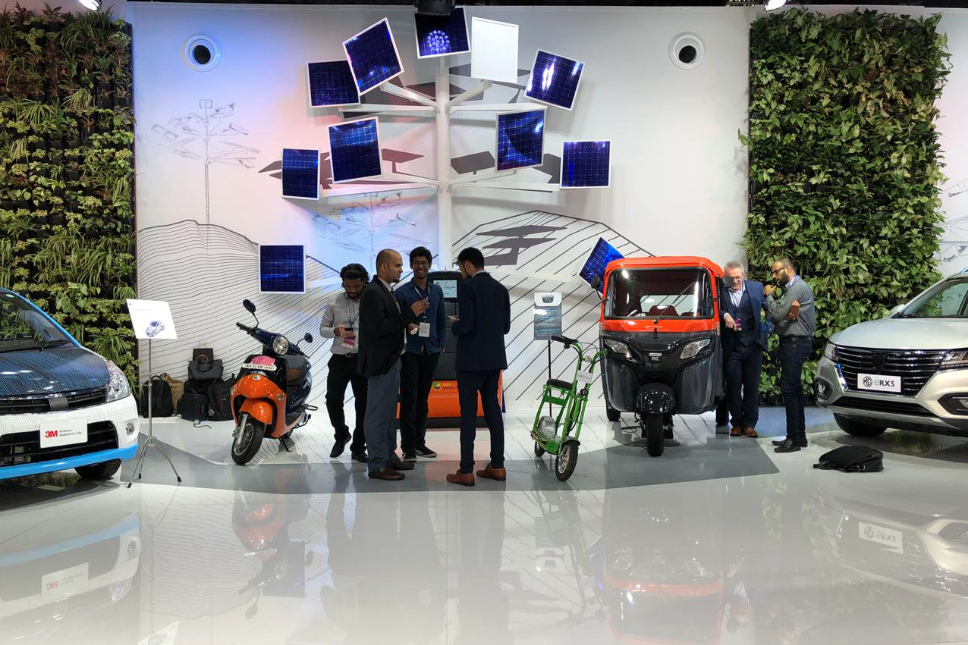
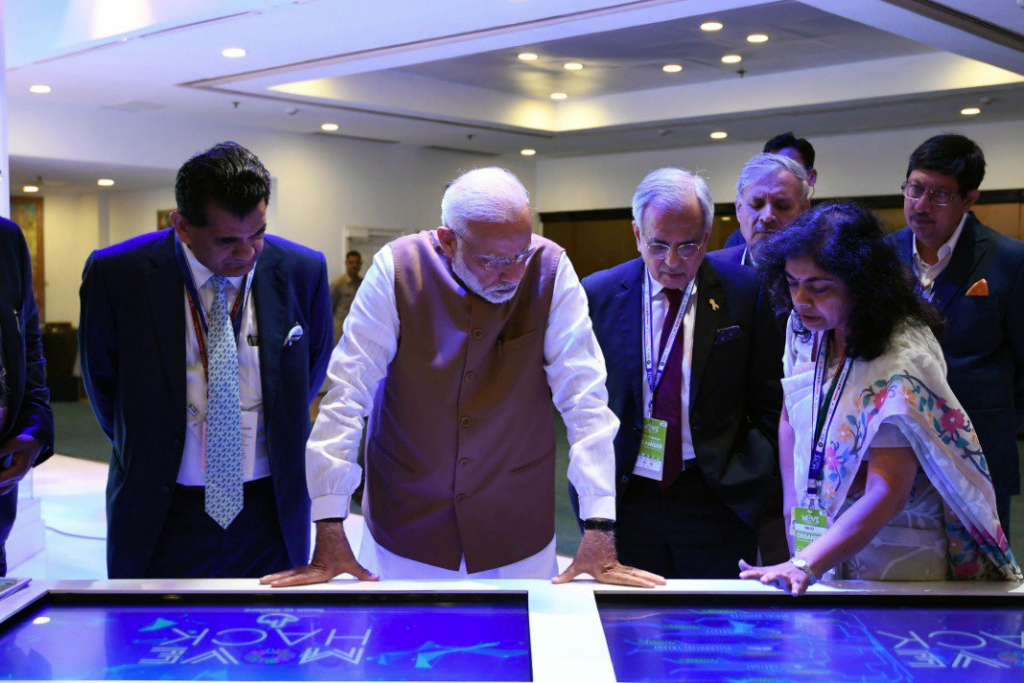
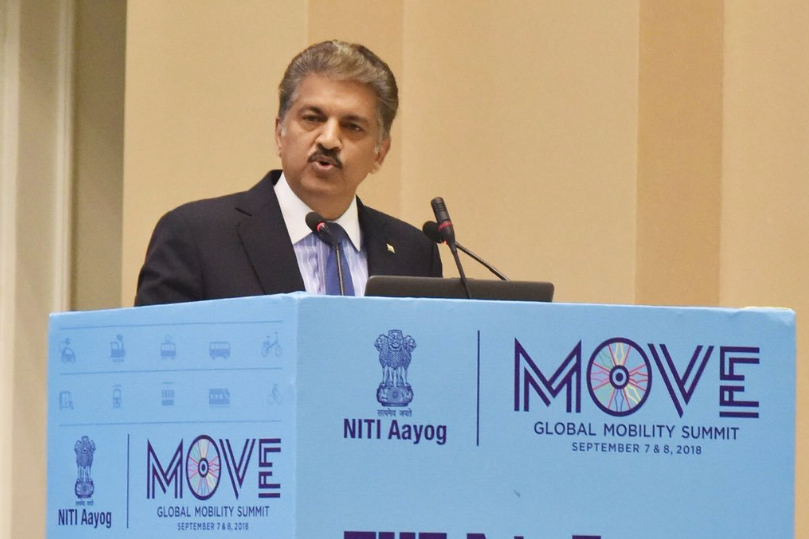
San Francisco, California
The ISC team arrived on September 10 to attend a week of activities surrounding the Global Climate Action Summit hosted by California Governor Jerry Brown and UN Climate Envoy Michael Bloomberg. Steve Nicholas gave this terrific interview debriefing on the week with Vermont Public Radio, and our colleagues Brent Habig and Sarita Turner spoke at several side events. A prominent India business leader (and partner to ISC in India) Anand Mahindra committed to decarbonizing his entire business by 2040 – saying that clean energy is simply good for business. Many government and business leaders made similar ambitious commitments to address the climate crisis. Protestors called for even more aggressive action believing that all coal and oil should simply stay in the ground. All shared a strong sense of urgency – many believing that we are rapidly running out of time…
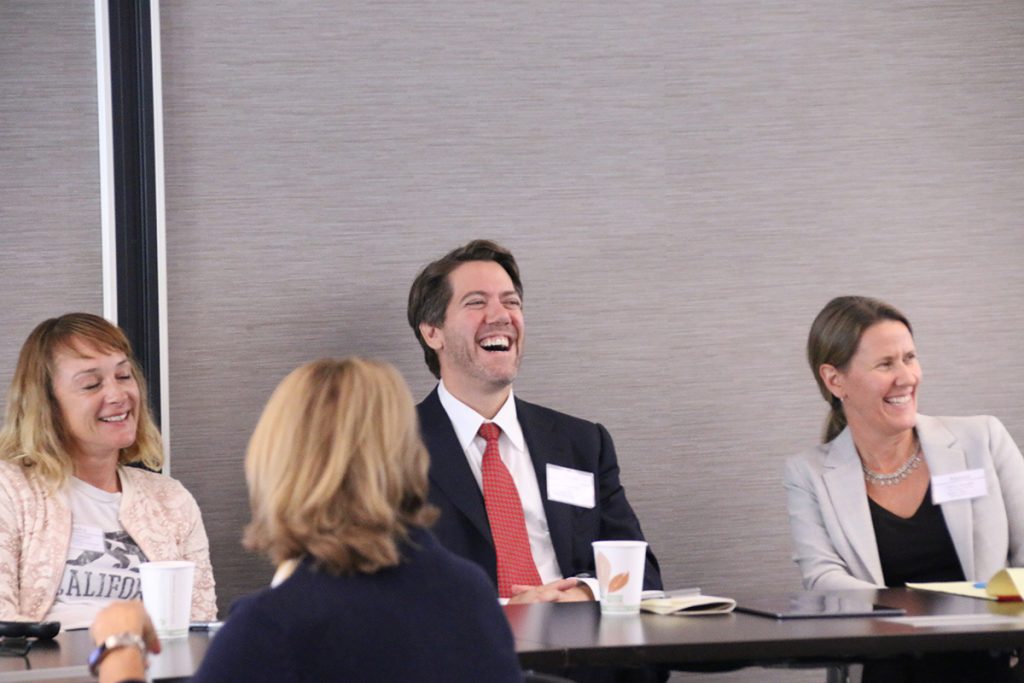
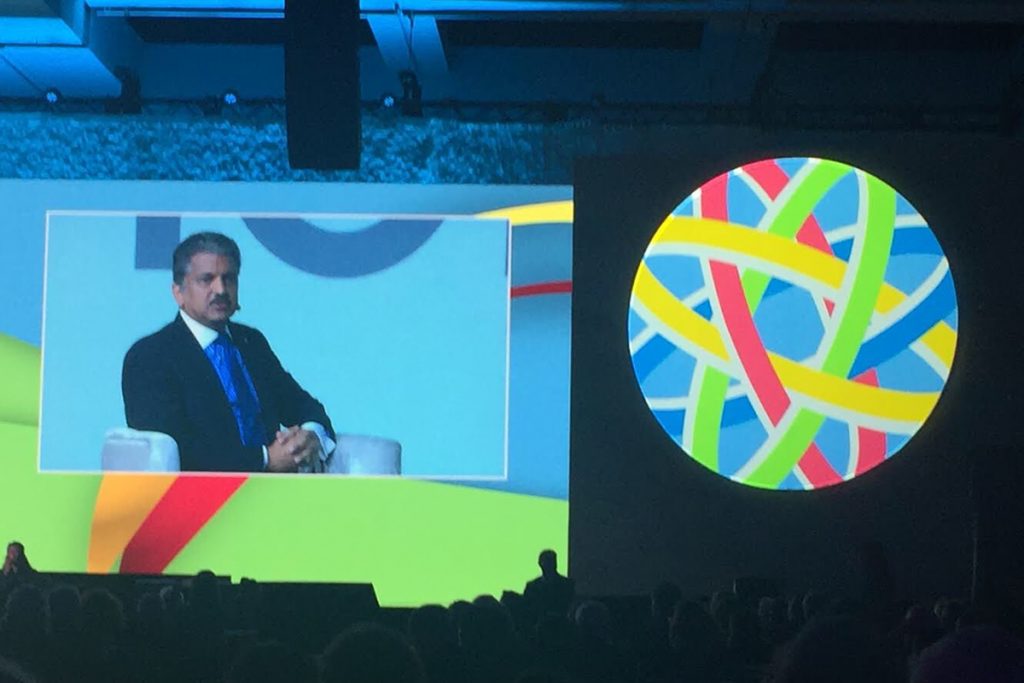
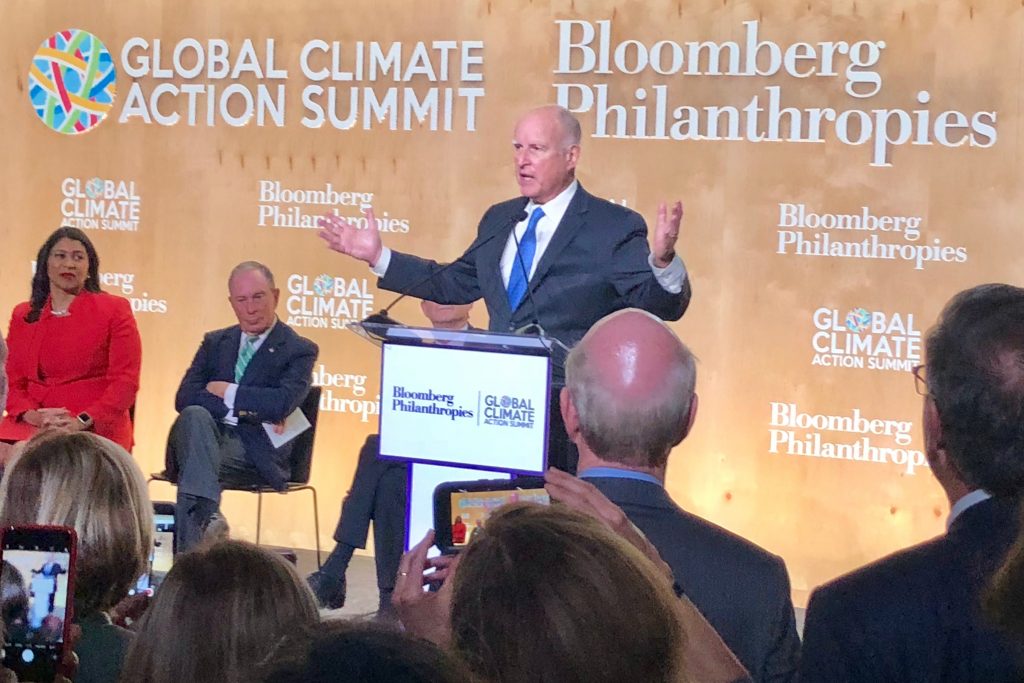
New York, New York
On September, 26, I attended the One Planet Summit hosted by French President Macron, where 15 heads of state along with several prominent leaders from government, business, and civil society attended. President Macron implored the group to take action beyond the Paris agreement. The head of Unilever, Paul Polman noted that the cost of not acting on climate change has now fully exceeded the cost of acting. Others said that the clean energy economy was inevitable and that countries and companies that do not recognize this reality will be left behind. There was a strong sense among this very elite, business-minded group that climate change is fast becoming an established line item in their ledgers.
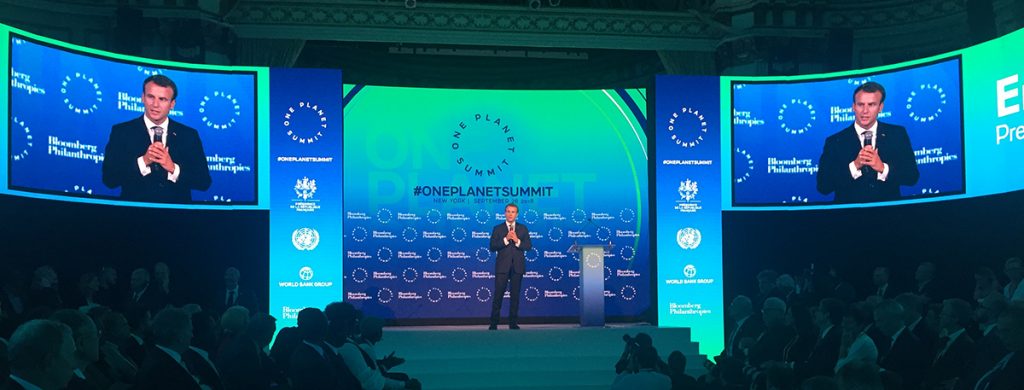
The Visions
I saw two visions of the future emerge. One that sees climate change as an opportunity to build a healthier, cleaner, more inclusive, and prosperous planet. And another rooted in a dirty energy economy that sees climate change as an inevitable calamity that we must suffer through to achieve economic growth – barring a miracle technology or divine intervention.
As I considered these two futures this September, I was heartened by the hundreds of social, economic, and environmental activists and entrepreneurs who we witnessed dreaming big about climate solutions. My colleagues and I draw our hope and energy from the thousands of regional and local leaders we work with in the U.S. and Asia. Faced with such an existential threat, it is a great to be part of a strong and growing community of creative and optimistic people who are fighting back – pushing for an inclusive new economy and a healthier planet for all of humanity.
